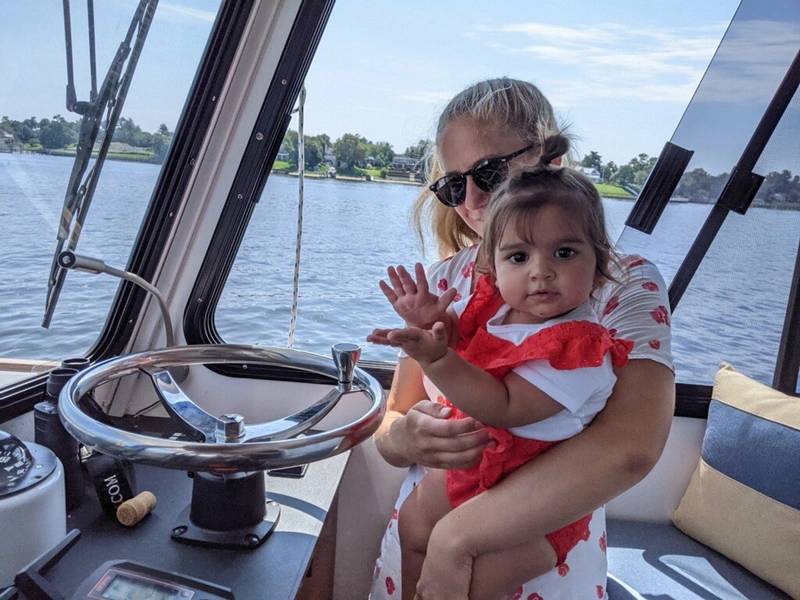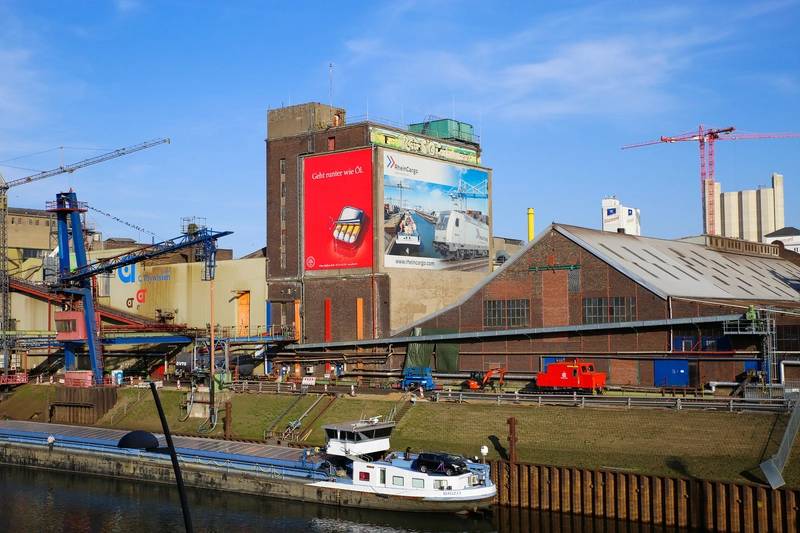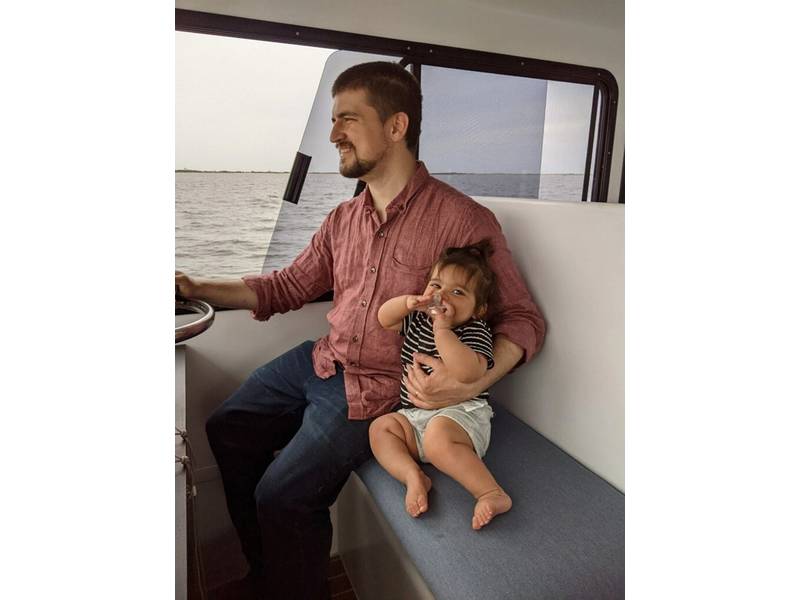Design: Great Ships and an Argument for the Anti-Autonomous Ship Crew
Another trip around the sun and Greg has asked me once again to talk about “great ships.”
As an older engineer I find it much more difficult to judge greatness in ships. It was much easier when I was young.
When I was quite young and living near the Dutch rivers, I thought the greatest ships were Rhine barges with cars on them. I am talking about the inland cargo vessels that ran up and down the Rhine and through the rest of the European canal and river systems. As a six-year-old, I found the the Rhine barges with cars were so much cooler than Rhine barges without cars. And then my mother told me that often those barges were operated by a husband and wife and often the children were aboard too.
Just the thought of living on a boat like that with your parents and siblings, arriving at a Rhine port, taking the car off the deck, drive around town, put it back on the barge again and go to the next port. It seemed so exciting and weirdly powerful.
That to me seemed like the best way to live.
Always moving around on a boat and never having to go to school! Unfortunately, my mother quickly disavowed me of that notion and told me there was a boarding school for skipper’s kids in Rotterdam, which did not seem as much fun.
Some 60 years later I was in Holland at a party and discovered I was sitting next to a couple that had just sold their Rhine barge, and had retired to a pleasure cruising boat.
That flipped me back to my youth and right away I asked: “Did you have a car on deck?”
They looked at me kind of strangely and said: “Yes, why not?”
I explained my 1960’s fascination. The husband then fired up his phone and showed me all the Rhine barges his family had owned going back to the 1940’s and the first one with a car was in the 1960’s. I then asked the husband if he went to skipper kids’ school and his acknowledgement made it clear I was sitting next to an expert, and I quizzed him about the growth in sizes of the barges, the trades they had been in, and the propulsion engines they preferred. He and his wife also added that on their most recent vessels the accommodations had been very spacious and because they ran low speed diesels, the accommodations were very comfortable too. He also told me he sort of liked the skipper kids’ school, but then the conversation shifted, and I did not get to dig any deeper.
When I got back to the US, I wondered what the present status of those schools was. With ubiquitous internet, the ability to homeschool kids aboard surely would reduce the need for these boarding schools. It turns out there is a switch. The boarding schools are closing, and there is a certain level of internet instruction, but it is progressing only slowly.
Worldwide we are experiencing crew shortages and there even is a push for autonomous shipping; ships without humans aboard. But are we actually engaging the problem in the right way?

Autonomous long-haul shipping has some weird unexamined economic issues. The first relating to the fact that a ship that does not move makes no money. All those repairs and fixes that get made by the crew when the ship is moving, will now require that the ship be laid up somewhere. And when things truly go wrong, it will certainly not be cheap to wrangle a ship somewhere far from land in uncertain weather conditions.With ubiquitous internet would it actually make more sense to move entire families aboard large ocean going ships as crew?
Today’s ships are big and designing nice accommodations for, say, 20 families would not be impossible. Some of those families may be couples and maybe both work the ship. Or maybe one works the ship and the other has a remote job or is working on a remote advanced degree. Maybe some families have kids. Other couples may have a spouse that is a qualified teacher or at least would work as a babysitter, so parents with kids can enjoy a few hours off while the kids are swimming in the pool.
Really what I am describing is ships arranged like the Enterprise in the Star Trek, The Next Generation. The shipboard society is no longer crew with its peculiar social dynamics; it is now a moving community with its own peculiar social dynamics.
Pre internet the sailing family concept would be complex and tedious for those who are not actively engaged in the operation of the ship, but would it be possible to design ships today that can create such communities?
I can certainly see some benefits. As a family it could be economically and socially quite attractive to sail on a ship for, say 10 months and then to go ashore in a nice location for two months.
Family based communities also provide higher levels of mentoring and training. Almost certainly a ship would not just be families with kids, there would be a mixture of social arrangements each with specific community assets.
On a personal level I think that my wife would have been much more supportive of a sailing career for me if she would be able to join the crew as the teacher for our, and other shipboard family kids. Even if my wife’s pay would have been very modest, our free cashflow would have very significantly increased early in our marriage providing us with a significant increase in our financial choices later in our marriage. Free board, short commutes and no need to own a car certainly makes a very significant difference, even if we would have had to pay for our own food.
This should not be regarded as communal living; it remains an economic proposition and, as such, might be worthy of investigation by shipping companies with large fleets to break our present only partial successful “one size fits all” crew approach. The creation of a family based crewing structure on one or more of their vessels could increase crew retention and recruiting. It certainly would be an interesting subject for a socio economic study. The company could poll their crew personnel to see if there is interest for that approach and go from there. My gut tells me the economics could be mutually quite attractive.
Maybe ship crewing does not have to be zero sum, and maybe better designs are out there.
For each column I write, MREN has agreed to make a small donation to an organization of my choice. For this column I choose Liberty Nautical Education Center, LiNE, a group volunteers that focuses on introducing kids to the nautical life through through first-class, hands-on, maritime educational programs.


